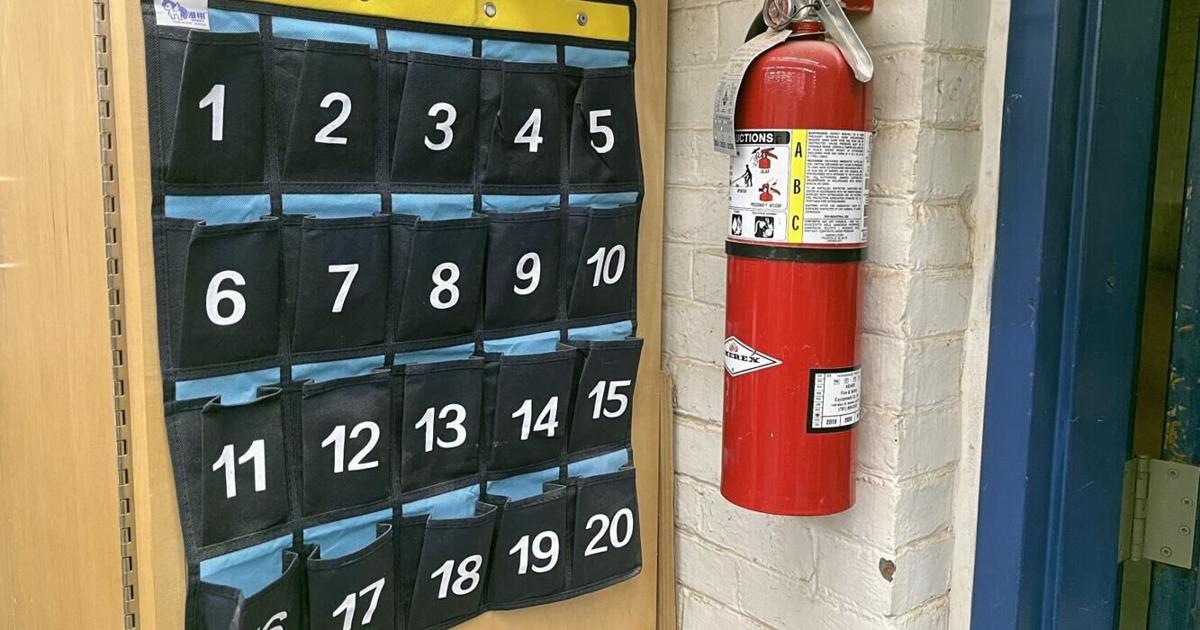FG urged to reverse policy equating Arabic studies with WAEC, NECO
A coalition of Christian scholars and professionals, operating under the auspices of the National Prayer Altar, has demanded the immediate reversal of a policy that grants equivalence between certificates issued by the National Board for Arabic and Islamic Studies (NBAIS) and those of mainstream national examining bodies, such as WAEC, NECO, and NBTE.
In a petition dated May 14, 2025, and addressed to the Minister of Education, the Joint Admissions and Matriculation Board (JAMB), the National Universities Commission (NUC), and other regulatory agencies, the group warned that the current policy poses a serious threat to the constitutional secularity, equity, and institutional coherence of Nigeria’s education system.
The signatories, comprising professors, educationists, and clerics from across Nigeria and the diaspora, argued that recognizing NBAIS certifications for general admission into tertiary institutions amounts to elevating a faith-based examining body to a national status without legal or policy backing.
In a letter dated February 22, 2024, and addressed to all Vice-Chancellors of Nigerian universities and relevant regulatory agencies, the National Universities Commission (NUC) referenced a 2017 memo from the Ministry of Education, which instructed all tertiary institutions to recognise the Senior Arabic and Islamic Secondary School Certificate Examination (SAISSCE) conducted by the National Board for Arabic and Islamic Studies (NBAIS) as a valid O’level qualification.
The directive, NUC noted, stemmed from a resolution of the 59th National Council on Education meeting held in June 2013. Accordingly, universities and regulatory bodies, including the Joint Admissions and Matriculation Board (JAMB), were requested to begin accepting SAISSCE as part of the basic admission requirements into Nigerian tertiary institutions.
Also, In a circular dated April 14, 2025, the Nursing and Midwifery Council of Nigeria (NMCN) noted that the SAISSEC remains a valid qualification for admission into nursing programmes across the country provided it is conducted and certified by relevant national examination bodies such as the National Board for Arabic and Islamic Studies (NBAIS), alongside the West African Examinations Council (WAEC) and the National Examinations Council (NECO).
The memo, signed by the Acting Registrar/CEO of the Council, Ndagi Alhassan, addressed to commissioners of health, university vice chancellors, teaching hospitals, and nursing institutions nationwide, was issued to clarify the standing of the SAISSEC amid growing concerns over the certificate’s legitimacy for admission into nursing education
But in its petition, signed by 122 members, the group said its objection to the policy is not rooted in cultural or religious disagreement, but in the urgent necessity to preserve Nigeria’s education system as a secular, merit-based, and policy-coherent national framework in accordance with the 1999 Constitution (as amended).
They cited Section 10 of the 1999 Constitution, which prohibits the Federal Government from adopting any religion as a state religion, insisting that the NBAIS policy violates the spirit and letter of this provision.
“No equivalent recognition has been granted to Christian, Traditional African, or other religious or cultural education systems, thereby creating a de facto policy of religious preference,” they said.
“This policy decision does not merely flirt with constitutional boundaries; it crosses them. It introduces a theological asymmetry into a national education system that is, by law and by design, intended to be secular, merit-based, and religiously agnostic.
“Such elevation of one religious certification structure into the general admissions framework, without a corresponding legislative framework or national consensus, represents a structural breach of Nigeria’s policy secularity. It sets a precedent that is both legally unsustainable and socially destabilising.”
The group added that recognizing NBAIS as a general academic qualification, without establishing statutory equivalents for Christian, Traditional African, or indigenous language-based education systems, sets a dangerous and indefensible precedent.









